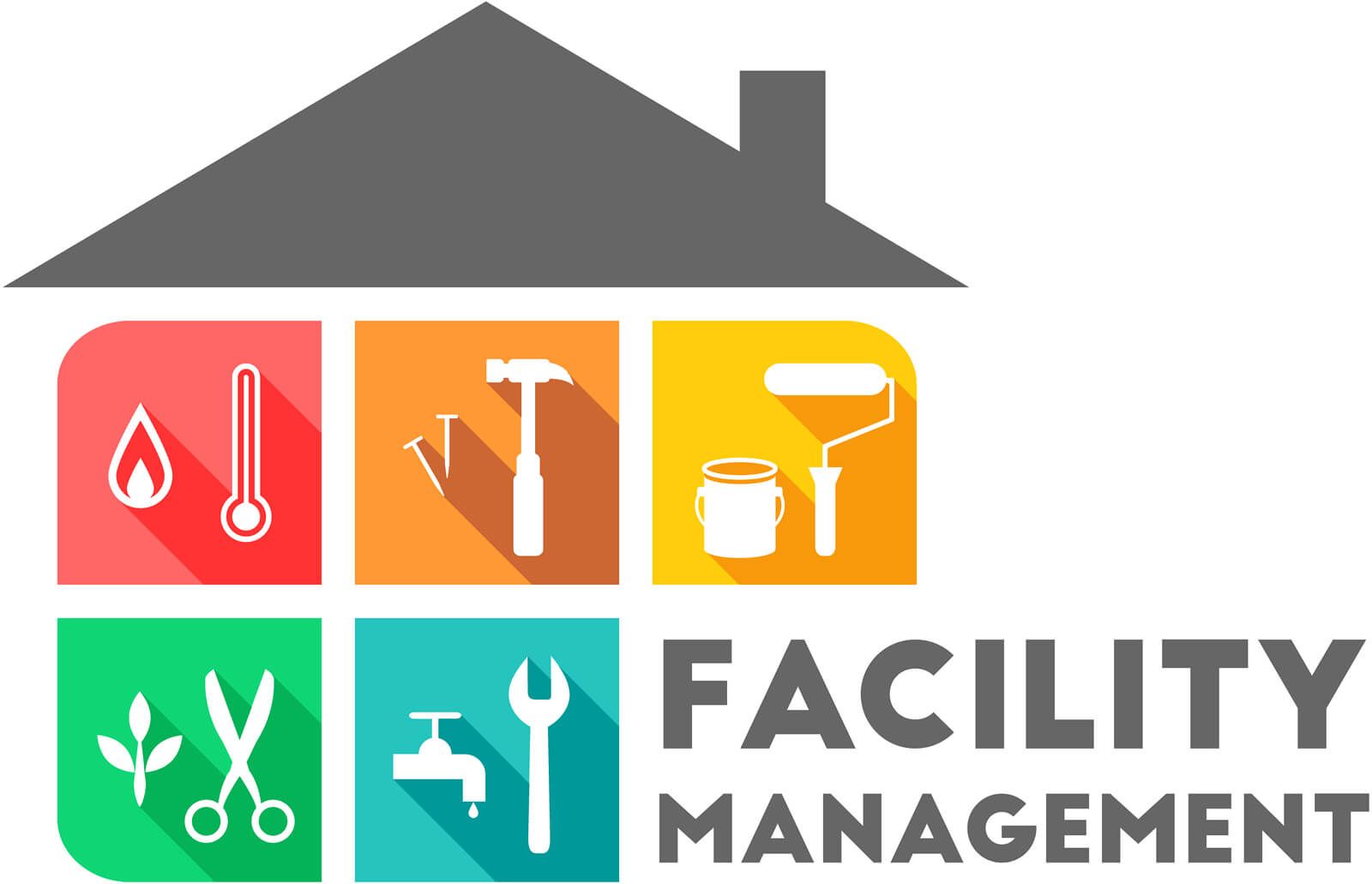The Importance of Total Facility Management in Ensuring Building Safety and Regulatory Compliance
The Importance of Total Facility Management in Ensuring Building Safety and Regulatory Compliance
Blog Article
Why Total Facility Management Is Crucial for Service Success
Total Facility Management (TFM) offers as a foundation for business success by integrating varied functional elements such as maintenance, room usage, and safety steps. As organizations navigate a competitive landscape, recognizing the complex advantages of TFM can be crucial in driving cost efficiency and improving employee productivity.
Understanding Total Facility Management
Total Facility Management (TFM) encompasses a comprehensive method to handling an organization's buildings and connected services to make sure ideal performance, security, and effectiveness. TFM integrates various disciplines, including upkeep, procedures, room management, and security procedures, to produce a cohesive framework that sustains a company's core goals.
At its core, TFM aims to improve the processes associated with facility management, lowering redundancies and boosting solution distribution. This strategy entails the control of tasks related to property management, such as repair work, cleaning, and energy management, to promote an effective atmosphere for employees and stakeholders alike. TFM also stresses the value of executing best techniques and ingenious technologies to enhance service top quality and decrease functional expenses.
Understanding TFM calls for recognition of its critical relevance in supporting a company's mission. By straightening facility management activities with business goals, TFM improves overall efficiency while guaranteeing conformity with health and wellness, safety, and ecological policies. Thus, TFM offers not only as a logistical function but likewise as a strategic property, contributing to a company's long-lasting sustainability and development. In summary, TFM is vital for creating a well-functioning setting for business success.
Key Benefits of TFM
Leveraging a detailed strategy, organizations that execute Total Facility Management (TFM) unlock a myriad of advantages that add to overall service success. One of the key benefits of TFM is the enhancement of operational effectiveness. By combining facility services under a unified management structure, organizations can improve processes, minimize redundancies, and enhance interaction throughout divisions.
In addition, TFM advertises an aggressive upkeep approach, which decreases downtime and expands the lifespan of facilitiess and tools (Total Facility Management). This aggressive approach not only boosts performance yet additionally cultivates a more secure working setting, inevitably bring about greater staff member fulfillment and retention prices
In addition, TFM facilitates better resource allotment by offering insights into facility performance metrics. Organizations can identify areas for enhancement, enabling them to make educated choices that straighten with their critical objectives.
TFM and Expense Efficiency
Achieving cost performance is a basic objective for organizations, and Total Facility Management (TFM) plays a crucial duty in this venture - Total Facility Management. By integrating various facility solutions under a solitary management structure, TFM makes it possible for companies to enhance operations and decrease redundancies. This holistic method leads to substantial expense savings, as it gets rid of the demand for numerous suppliers and simplifies procurement procedures
Furthermore, TFM fosters positive upkeep methods, which minimize the threat of expensive fixings and downtime. By prioritizing preventative steps, companies can extend the life expectancy of their assets and decrease unanticipated expenditures. Furthermore, TFM includes energy management techniques, which can substantially cut energy prices through reliable source usage.
The centralization of information and analytics within TFM allows organizations to make enlightened financial decisions. By recognizing trends and areas for renovation, TFM allows tailored methods that further improve cost management. In addition, the scalability of TFM services makes certain that as organizations expand, their facility management techniques remain reliable and aligned with economic goals.
Enhancing Staff Member Efficiency
A well-managed facility can dramatically increase staff member productivity by producing a helpful work environment. Efficient Total Facility Management (TFM) makes sure that all facets of the workplace-- from illumination and temperature level to cleanliness and security-- are maximized. When employees operate in a room that is comfortable and properly maintained, they are more probable to concentrate on their jobs, leading to higher output and task complete satisfaction.
Furthermore, investigate this site TFM can enhance collaboration through the tactical style of common areas, encouraging teamwork and innovation. By buying the right sources and innovation, companies can assist in seamless communication and streamline operations, better improving efficiency. Regular maintenance and prompt actions to facility issues prevent disturbances that can or else hinder efficiency.
Furthermore, a risk-free and healthy job atmosphere, supported by TFM techniques, minimizes absenteeism and promotes well-being, straight associating with enhanced productivity degrees. Eventually, focusing on facility management is an investment not only in physical properties however also in the labor force itself. By fostering an atmosphere that sustains worker demands and preferences, businesses can grow a much more involved and effective workforce, driving total success and competitive advantage.

Future Trends in TFM
Welcoming technological developments is readied to reshape the landscape of Total Facility Management (TFM) in the coming years. As the need for performance and sustainability rises, TFM will significantly adopt clever structure innovations, incorporating Net of Things (IoT) devices to manage and check facility operations in real-time. This change will allow aggressive maintenance, dramatically lowering operational prices and enhancing service delivery.

Sustainability stays an important emphasis, with TFM experts anticipated to prioritize look at these guys environmentally friendly practices. This includes utilizing renewable resource resources and maximizing waste management systems to decrease the carbon impact of facilitiess.
Remote management abilities will certainly additionally be expanded, allowing facility managers to manage operations from practically anywhere. This versatility will certainly come to be vital as organizations adapt to crossbreed work models. In summary, the future of TFM is positioned for makeover via technology, sustainability, and enhanced operational techniques, making certain businesses remain affordable in a progressing landscape.
Conclusion
Finally, Total Facility Management is a vital element for attaining organization success. By integrating various operational functions, TFM improves efficiency and aligns facility management with organizational objectives. The resulting cost financial savings, boosted worker efficiency, and safer workplace add substantially to general performance. As businesses increasingly take on ingenious innovations and sustainable practices, the relevance of TFM will certainly proceed to grow, ensuring lasting functional effectiveness and competition in a progressing marketplace.

Report this page